The Sankofa Farming Co-operative: Black-Indigenous students’ key to reclaiming their ancestral roots
How a student-run co-op hopes to help heal trauma within racialized communities
Located near Concordia University’s Hingston Hall residence on Loyola Campus, the Sankofa Farming Cooperative is a small student-run garden that provides organic fruits and vegetables to Black-Indigenous communities in need.
Located near Concordia University’s Hingston Hall residence on Loyola Campus, the Sankofa Farming Cooperative is a small student-run garden that provides organic fruits and vegetables to Black-Indigenous communities in need.
The co-op was officially formed in August 2022 through conversations between mutual friends at Concordia. Inspired by Leah Penniman’s book titled Farming While Black, the group felt drawn to the importance of allowing Black-Indigenous identities to connect with and learn from their ancestral agricultural roots without fear or shame.
When taking a look at Montreal’s farming communities, Sankofa noticed an absence of Black urban cooperative farms in the city. The coordinators of Sankofa explain that many Black and Indigenous people hesitate to take part in farming, due to its connection to slavery. Sankofa —which is derived from the Yórùbá saying, “San ko fa, yenkyiri”—translates to “It is not taboo to go back for what was left behind.” The Sankofa team makes it a point to continue to pass down the traditions of farming as was done historically in their communities.
Co-coordinator of Sankofa and Concordia alumni Menelik Blackburn-Philip describes their goal as “decolonizing or taking away the fear of doing agriculture as a Black or Black-Indigenous person,” reclaiming the practice that has been tainted by the injustices inflicted upon their communities.
In addition to this goal, the co-op also aims to build a community and help members develop their ancestral spiritual knowledge through farming.
Blackburn-Philip expresses Sankofa’s intention of “bringing more awareness and providing more knowledge about what Afro-Indigenous spiritual practices entail and how they are intrinsically involved with the land.”
The other neighbouring gardens feature rows of constructed wooden plant beds, but Sankofa follows a less traditional garden structure. They allow the various plants to take up the space they need, without restraint. Some plants in the Sankofa garden, called pollinators, were not planted by the group, but are maintained as part of the native plant species that were already growing on their land.
Co-coordinator of Sankofa Ourania Ntagizege-Nima told The Link that they “try to maintain a not-so structured style of farming with [...] little plots of plants, pollinators and medicinal herbs,” prioritizing the land’s natural ecosystem and avoiding heavy monoculture.
This nature-driven mindset also holds true within Sankofa’s group structure, setting them apart as a farming co-operative. Sankofa’s diverse group of co-coordinators make it a point to maintain a shared leadership, as opposed to a hierarchical structure with one or two members in power.
“We want to adopt the model of a co-op, which is more like a collective of people who make decisions together,” Ntagizege-Nima said.
Sona Sadio, a co-coordinator of Sankofa and a Concordia student, described the member’s roles as an intuitively shared responsibility. They continue, saying, “everything we do has been happening in accordance with how members are feeling and their capacity.” They added that “if there’s something that needs to be done, it will be brought up to the team and someone will step into that role without any pressure.”
Sadio, who joined the Sankofa team in March 2023, describes the farm as a safe space where Black and Indigenous students and Montrealers can gather and connect with the earth, no matter their social battery.
“We do have a focus on Black and Indigenous student life, so they know that there is a space available to them where they can freely talk about their experiences to people who can relate,” Sadio tells The Link. That said, Sankofa welcomes volunteers of all ethnicities who may want to collaborate with other students, volunteer and learn about Black and Indigenous agricultural practices in a hands-on way.
Meeting on a bi-weekly basis from spring to winter, the Sankofa co-op spends its time preparing the land for optimal plant growth, harvesting an array of vegetables and fruits.
With harvests ranging from peppers and jalapenos to strawberries, the group connects with Montrealers through social media and coordinates times where individuals and families in need can pick up fresh produce for free.
As the farm continues to grow, Sankofa hopes to coordinate with other student groups at the university to broaden their outreach to volunteers and low-income individuals in need of food donations.
Social media coordinator Caelin Thyssen highlighted Sankofa’s need for more volunteers to help with their weekly operations. “There’s only five of us, which sounds like enough for a small group but it really isn’t. We’re looking for more members to kind of spread out the workload,” they said.
The Sankofa co-op also aims to address the persistent issue of food insecurity in Black-Indigenous communities. The Interdisciplinary research program PROOF, at the University of Toronto, reports disproportionate rates of food insecurity in Canada within Black and Indigenous communities. They find that “the highest percentage of individuals living in food-insecure households in 2022 was found among Black people at 39.2 per cent and Indigenous peoples at 33.4 per cent.”
Citing these staggering levels of food insecurity in racialized communities, Sankofa’s mission is to help heal their people from the various types of trauma that contribute to situations of food insecurity. Studies show that traumatic experiences related to low-income, high unemployment and other results of structural racism, are contributing factors to inequity and food insecurity amongst communities of colour.
Sankofa aims to provide what Sadio describes as a “special targeted care, to heal the impacts of oppression,” and play a role in helping Black-Indigenous populations reach food sovereignty through the form of food donations, workshops, story-telling and rituals.
The Sankofa Co-op has set up a fundraiser to help fund the growth of the farm. Divided into a three-phase plan, the first phase details a goal of $10,000, which would go towards the establishment of an education fund for the group.
Sankofa says that they hope to provide an opportunity for their team and other volunteers to learn more about traditional and ancestral farming practices. Throughout the process of developing knowledge on herbalism and agriculture, the co-coordinators also highlight their intention to transmit their knowledge back to Montreal’s Black-Indigenous communities, strengthening their autonomy and awareness.
The second phase of the fundraiser is intended to fund a down-payment for the purchase of additional farmland, to the sum of $30,000. “Buying land is more of a question of accessibility, and land in Montreal is very very expensive,” said Blackburn-Philip. The group explains that achieving this second phase would allow them to grow, making farming and organic food more accessible to Afro-descendant Montrealers.
That said, given the scarcity of affordable and suitable farmland in the city, the team is also considering acquiring land in more rural areas outside of Montreal. The hope of this strategy would increase their chances of obtaining a large-scale plot of farmland.
The third and final phase of the fundraiser is for an amount of $60,000, which would be geared toward the renovation, adaptation and maintenance of the purchased land to meet their future farming needs.
As the Sankofa team prepares for the winter season, they hope to reach these goals and continue to educate, gather and heal members of Montreal’s Black-Indigenous communities within Concordia and beyond.
Click here to read more about the Sankofa Farming Cooperative and volunteer and look though Sankofa’s Instagram page.
This article originally appeared in Volume 44, Issue 2, published September 19, 2023.

_900_674_90.jpg)
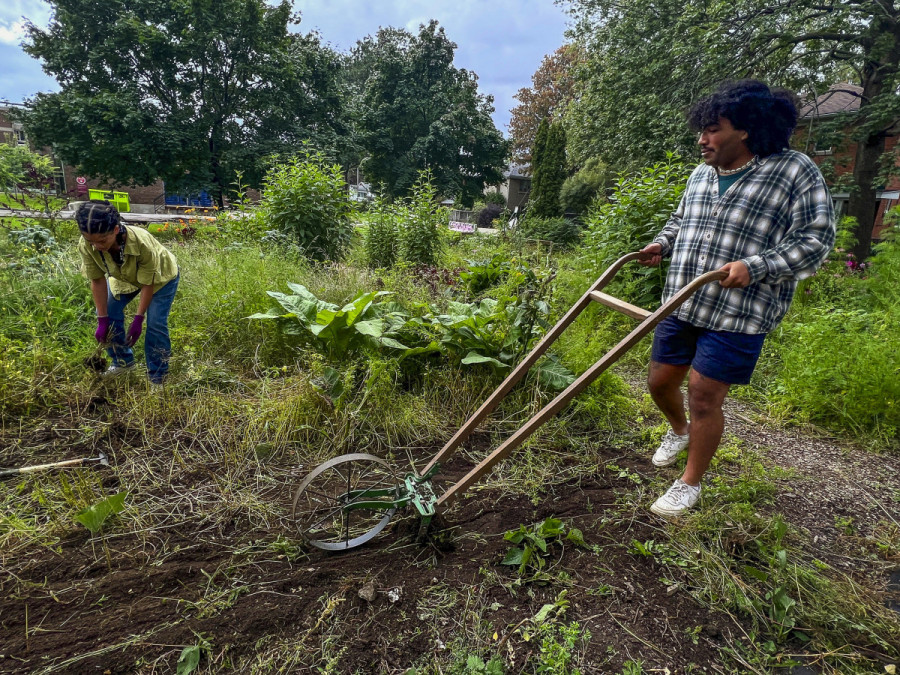
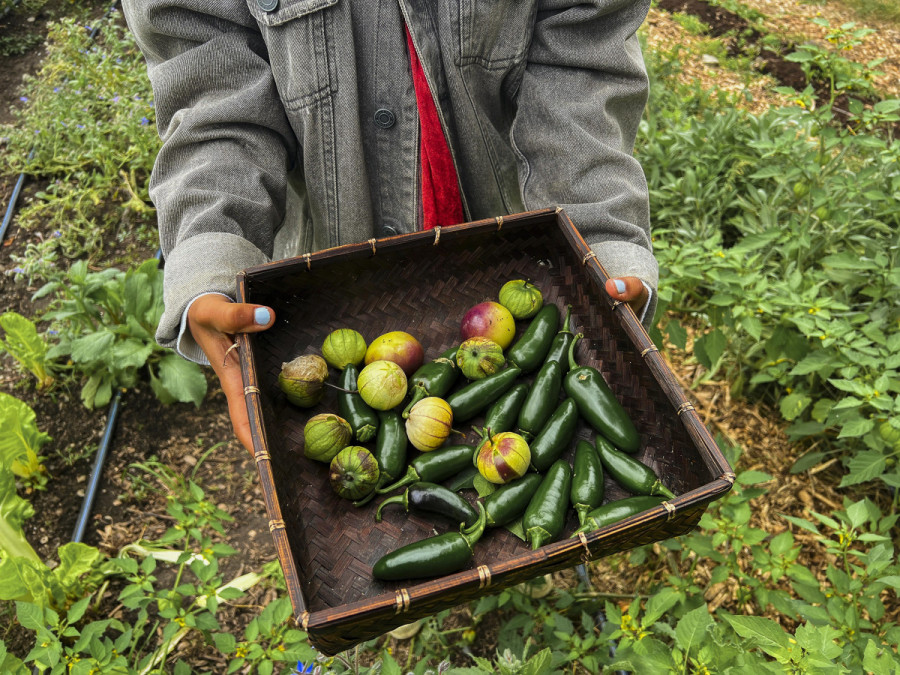
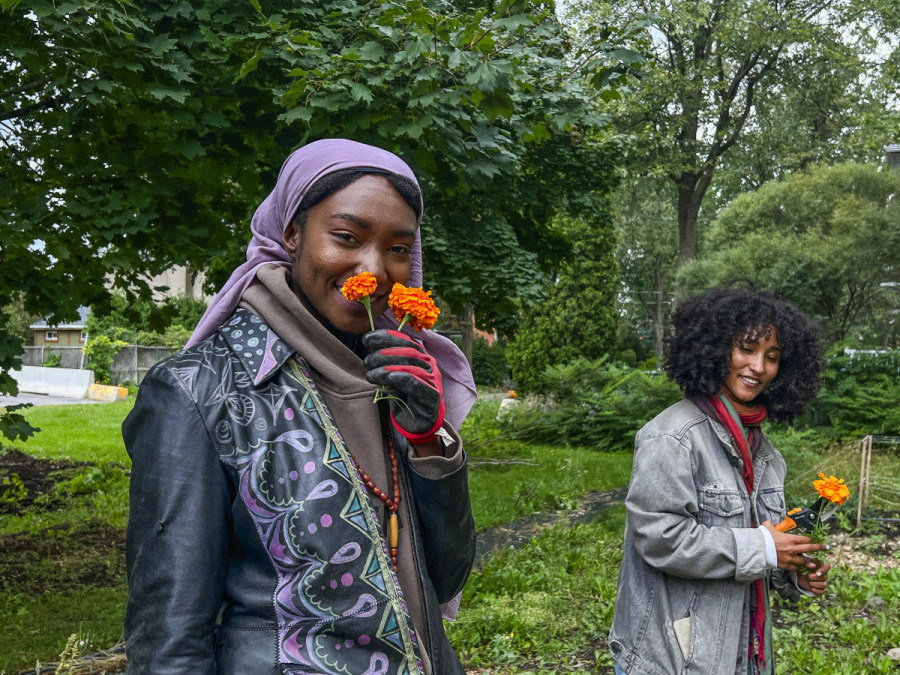


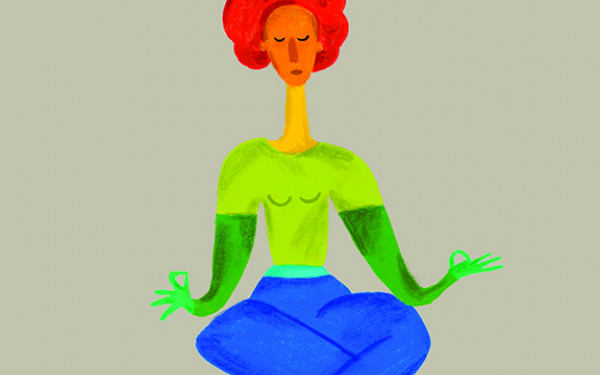
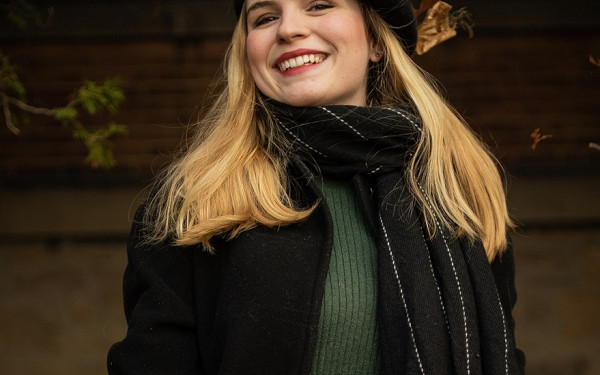
_1_600_375_90_s_c1.jpg)